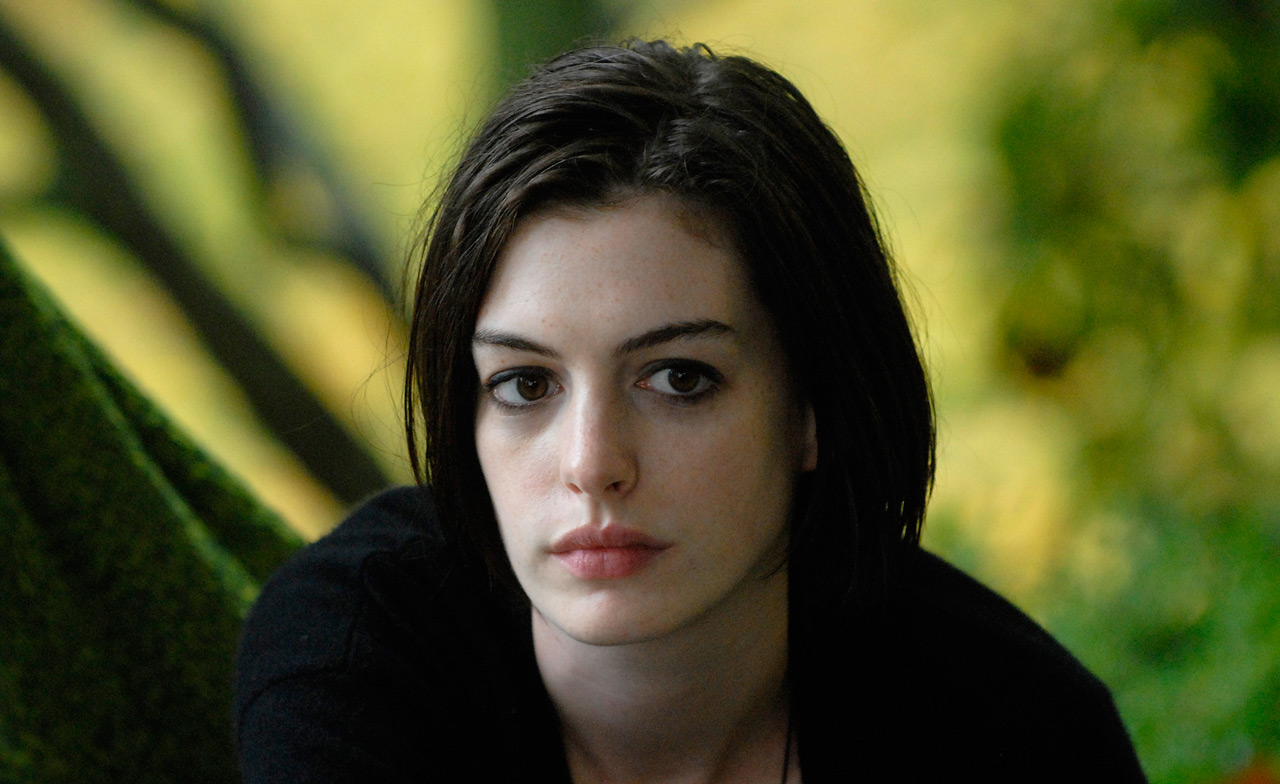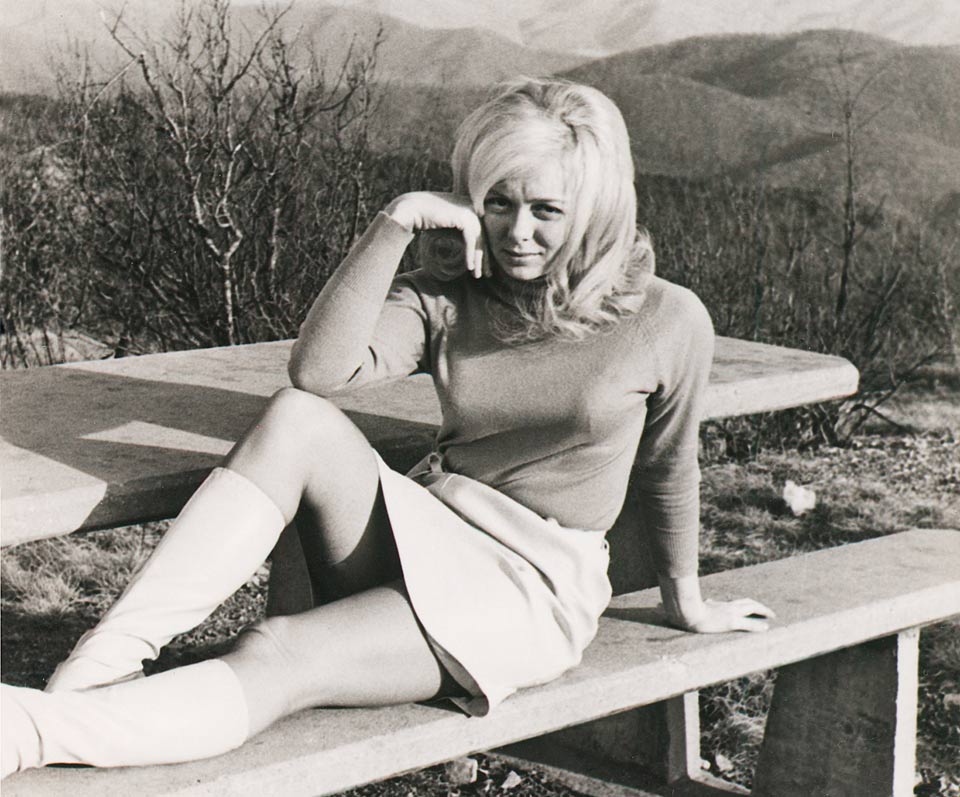Melancholia
“No more happy endings,” joked Lars Von Trier, still smarting from the beating he took upon the release of Antichrist. Late in 2009, the director said he was planning a science-fiction film about the end of the world, fueling speculation that the new one would be a departure from the dark, junk-crushing epic that had earned him such scorn at Cannes. But now that Melancholia is here, it plays like an obvious companion piece to the earlier film. There are some tweaks, sure. Antichrist depicted a marriage racked by a woman’s guilt, while Melancholia features a wedding wrecked by a woman’s depressive disorder. But both films probe the nature of depression and the ways it can inspire people to withdraw, lash out, and sabotage their own chances at happiness.
We know this about Antichrist because Von Trier was happy to describe his own struggle with depression in interviews support that film’s release. But we know it about Melancholia because it is manifestly part of the film’s text. First, there’s that title. But more than that, there’s Kirsten Dunst, a celebrity survivor of depression, here channeling the disorder on screen with a convincing blankness that feels lived in.
The film opens with a glossy, unnerving overture featuring emotionally fraught tableaux (shot in a high-resolution super-slow-motion format that seems to stop time more effectively even than a still photograph, they reminded me of the panoramic Cibachromes of the photographer Jeff Wall) set against passages from Wagner’s Tristan and Isolde. From there, Melancholia is divided cleanly into two sections, one named for Dunst’s character, Justine, and the other for her sister, Claire (Charlotte Gainsbourg). The film’s first passage opens on a light-hearted note, with Justine and her new husband (Alexander Skarsgård, best-known these days as Vampire Eric from True Blood) stuck in a stretch limo that’s having trouble navigating the twisty dirt road leading to her sister’s lavish estate, surrounded by a golf course, where her wedding reception is taking place. But when the couple arrives at the party hours late; her sister and husband are scowling. Things are tense.
“OK, so, you want this?” Claire asks, gesturing inside with her chin. “Of course,” Justine responds. But she doesn’t. The bride remains sleepy and distant. She lingers in the bath when she’s supposed to be cutting the wedding cake. Before the night is through — Justine’s late arrival has turned the party into an after-dark affair — the marriage has been destroyed, but Justine goes out on a bit of a high note, having mustered the strength to assert herself at last.
The remainder of the film focuses on the days afterward, with a lethargic Justine staying on at Claire’s place, presumably to work up the gumption to face the world. As chance would have it, she might not have to worry, as a gigantic rogue planet dubbed Melancholia is on a collision course with Earth. The final chunk of the film watches these disparate people — Justine, sister Claire, brother-in-law John (Kiefer Sutherland) and young nephew Leo (Cameron Spurr) — react to the impending end of the world.
I was left cold by the wedding sequence, which feels like a more upmarket version of Tomas Vinterberg’s The Celebration, with welcome but perfunctory cameos by Charlotte Rampling as the bitter, estranged mother; John Hurt as the raffish, merry-making father; and dear Udo Kier, more comfy than anyone else in sight in his role as the wedding planner. I did appreciate the moodiness of the film’s elegaic closing section, which briefly constitutes a nicely observed study of human behavior in the end times. Confession: I have a vaguely prurient interest in end-of-the-world movies — it feels almost dirty to watch an artist imagine what it feels like in the moments before everything that ever lived gets pulverized — and disaster movies that sweetly posit a near miss (Deep Impact, 2012, etc.) make me recoil a little. I prefer the full monty.
Where Antichrist had the whiff of a revenge film about it (one reading might be that Gainsbourg’s marauding wife went after spouse Willem Dafoe over his comfy patriarchal condescension, if not more concrete violations of her trust) Melancholia is deliberate psychodrama. Von Trier has always taken clear inspiration from his mentors — Dreyer’s notions of female martyrdom informed Breaking the Waves, and Antichrist was dedicated to Tarkovksy, whose roiling planet Solaris may well have inspired Melancholia — and Melancholia is an echo of the Bergman classic Persona, written as that director emerged from his own debilitating illness. In Persona, Bergman’s two female leads, Alma and Elisabet, a nurse and a patient, seem to slowly swap personalities as the film progresses. In Melancholia, the joke is that the grimmer the situation gets, the more gentle and peaceful the previously agitated Justine becomes, even as the formerly poised Claire disintegrates before our eyes. In that way, the film’s final minutes are a fitting bookend to its gripping opening movement. The two hours in the middle are less essential.
I venture that Dunst is pretty terrific here — the grim satisfaction with which she welcomes the end of all life is subtly chilling — but then I always like her. Still, it’s hard to parse what’s going on in the movie unless you assume that Von Trier is charting the depths of his own depression. (Both Gainsbourg and Dunst have said that they feel their characters are, in some sense, the director himself.) When analyzed that way, Melancholia at least makes some emotional sense. But there’s little else to grab onto. Even Justine’s cuckolded groom just kind of walks away from the proceedings with a mildly puzzled look on his face. Why not? The world’s going to end anyway. For all its problems, Antichrist was tense and provocative. It wanted to get a rise out of you. Melancholia, by contrast, is an appeal for understanding. And it's more likely to put you to sleep.
Posted by on October 13, 2024 6:32 PM

